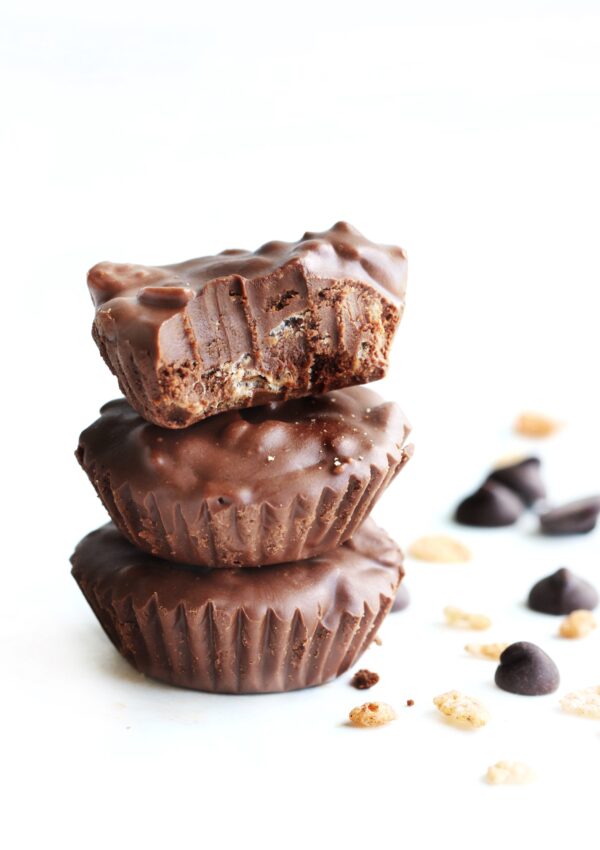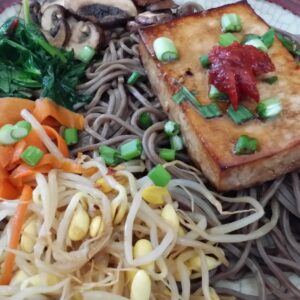
Dairy foods, wheat, eggs and molds commonly cause allergic reactions and also are difficult to reduce or eliminate from the diet because they are found in many different food products. If you are reactive to any of these foods, be careful to avoid the items containing them while maintaining a balanced, and a healthy intake of essential nutrients and vitamins.
Milk
Dairy may be listed on labels as…
•Milk, milk solids, non-fat milk solids
•Yogurt, kefir
•Whey
•Cream, sour cream, half & half, whipped cream
•Lactose, lactalbumin
•Cheese, cream cheese, cottage cheese
•Butter or artificial butter flavor
•Buttermilk or buttermilk solids
•Casein, caseinate, sodium caseinate (check lab results for + casein)
Foods likely to contain dairy:
•Butter and many margarines
•Shakes and hot chocolate mixes and drinks
•Many “non-dairy” products (coffee creamer, whipped topping)
•Many baked goods (bread, crackers, desserts)
•Many baking mixes (pancake mix)
•Macaroni and cheese
•Canned foods (soups, spaghetti, ravioli)
•Mashed potatoes (often prepared with butter and/or milk)
•Many salad dressings (ranch, blue cheese, creamy, Caesar)
•Creamy, cheese, or butter sauces (often on vegetables or meats)
•Cream soups and chowders
Dairy-Free Sources of Calcium:
•Soy products like tofu, tempeh, and calcium fortified soy- milk
•Calcium fortified rice milk
•Beans (kidney, pinto, navy, soy)
•Calcium fortified orange juice
•Figs •Rhubarb •Black strap molasses
•Almonds
•Green leafy vegetables (kale, spinach, romaine lettuce, etc.)
•Broccoli
•Canned salmon with bones •Sardines












Leave a Reply